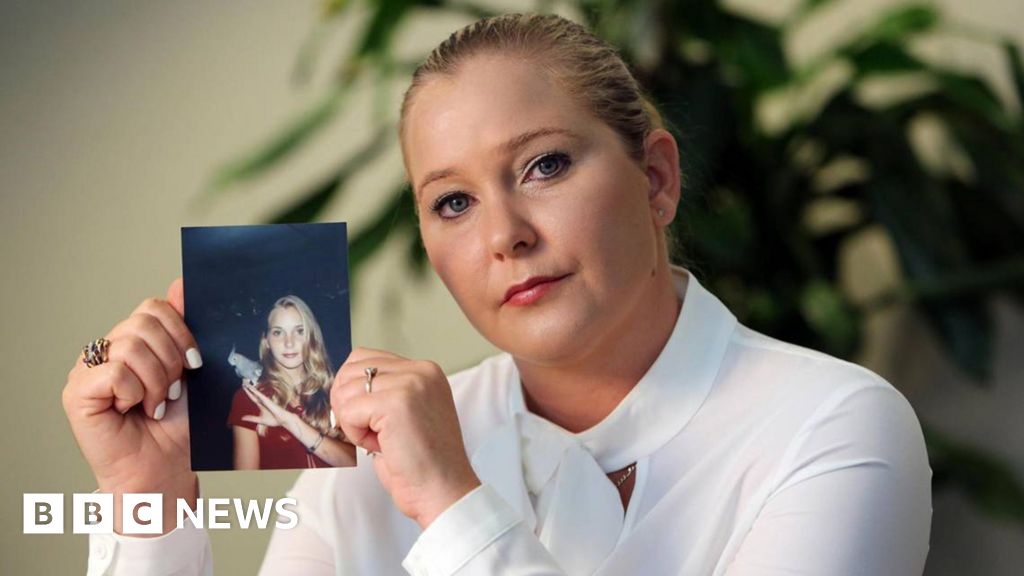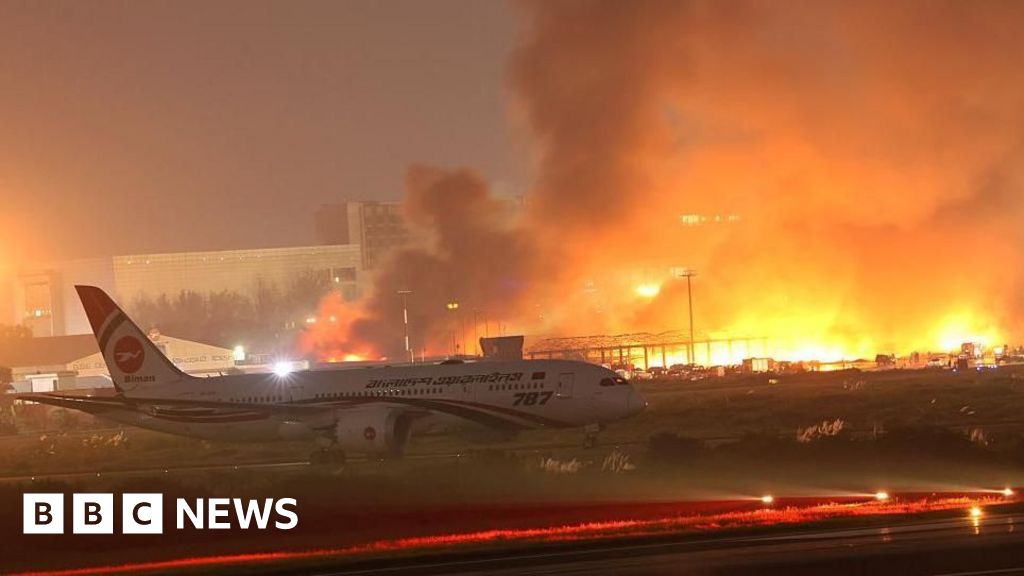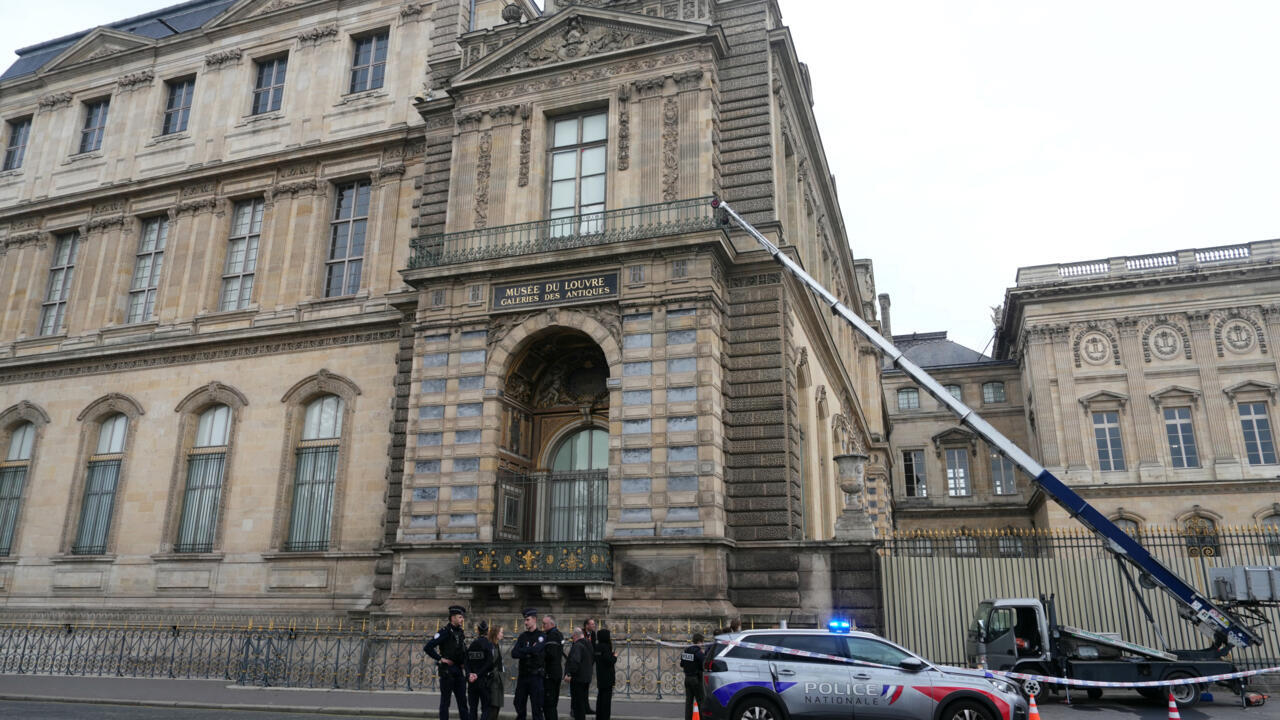What to know about President Trump's U.N. speech and today's meetings
- President Trump is addressing the United Nations General Assembly in New York City at 9:50 a.m. on Tuesday.
- Dozens of other world leaders are also in town to give speeches and hold meetings at this year's General Assembly session, including U.S. allies as well as foes, like the president of Iran.
- Mr. Trump told reporters Sunday he plans to address "the good and the bad" happening around the world, amid Russia's invasion of Ukraine, which the president has sought to end, and the Israel-Hamas war in the Gaza Strip, which he has called a "disaster."
- White House press secretary Karoline Leavitt says the president will also highlight his accomplishments — as Mr. Trump touts a series of ceasefire deals his administration has helped broker.
- Also in the background of this year's sessions: Several U.S. allies like the United Kingdom, Canada and France are set to recognize a Palestinian state, a move the U.S. and Israel have condemned. It's unclear if Mr. Trump will address that issue in his speech.
- While in New York, Mr. Trump is expected to meet with the leadership of Ukraine, Argentina and the European Union, among others.
Israel-Hamas war — and recognition of Palestinian state — could take center stage this week
The Israel-Hamas war is sure to be a frequent topic in this week's speeches. Last week, the U.N. General Assembly overwhelmingly passed a nonbinding resolution that calls for a phased end to the Israeli-Palestinian conflict and pushes for the creation of a Palestinian state.
As frustration with the war grows, the United Kingdom, Australia and Canada formally recognized a Palestinian state over the weekend, and France followed suit at a U.N. meeting on Monday.
The Trump administration disagrees, with White House press secretary Karoline Leavitt calling those U.S. allies' recognition of a Palestinian state "just more talk and not enough action."
French President Emmanuel Macron announced over the summer that he would recognize a Palestinian state. In an interview last week with CBS News' Margaret Brennan, he argued the move could disempower Hamas. U.S. Secretary of State Marco Rubio has called the move "reckless," a reaction Macron called "excessive."
Also, the Emir of Qatar, Sheikh Tamim bin Hamad Al Thani, is set to speak on Tuesday, after Israel targeted Hamas leaders in a strike on the Qatari capital of Doha earlier this month. Qatar condemned the move, and Mr. Trump criticized it.
Trump's new U.N. ambassador Mike Waltz was confirmed last week
This week's U.N. General Assembly meeting is the first public test for Mike Waltz, who was approved by the Senate only last week to be the U.S. ambassador to the U.N.
The U.S. has gone without a confirmed ambassador to the U.N. since the start of Mr. Trump's second term as president. Mr. Trump originally nominated Republican Rep. Elise Stefanik of New York, who gave up her role in congressional leadership for the job, but the president pulled her nomination in March, saying he needed her in Congress due to the GOP's razor-thin majority.
Waltz previously served as Mr. Trump's national security adviser, but he was replaced in that role by Secretary of State Marco Rubio in May.
What is the U.N. General Assembly?
The U.N. General Assembly includes all United Nations member states. As the U.N.'s primary deliberative body, its members consider and vote on recommendations to tackle major world issues, ranging from climate change to human rights. Its resolutions are often nonbinding.
The body meets every year, starting in September. This year's sessions are also marked by the 80th anniversary of the United Nations' founding.
The U.N. says the theme for the general debate of this session is "Better together: 80 years and more for peace, development and human rights."
Kathryn Watson is a politics reporter for CBS News Digital, based in Washington, D.C.











 English (US) ·
English (US) ·